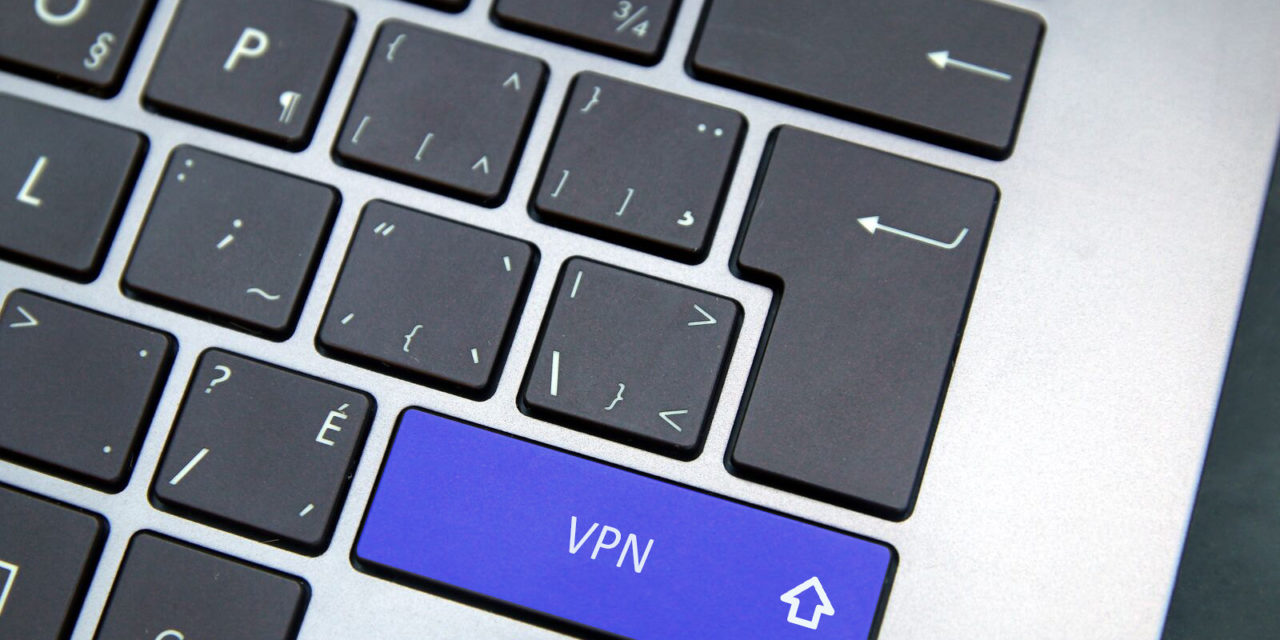In today’s digital world, protecting your personal information online is crucial. One effective tool for enhancing your online security is a Virtual Private Network, commonly known as a VPN.
A VPN is a service that creates a secure and encrypted connection between your device and the internet. When you connect to a VPN, your internet traffic is routed through a private server, which masks your IP address and makes your online activities more anonymous. This added layer of protection helps safeguard your personal data from hackers, cybercriminals, and even prying eyes from your internet service provider.
Here’s how a VPN promotes tech safety:
- Encryption: VPNs encrypt your data, making it unreadable to anyone who might intercept it. This is especially important when using public Wi-Fi networks, which are often targets for cyberattacks.
- Privacy: By masking your IP address, a VPN hides your online identity. This prevents websites and advertisers from tracking your browsing habits and collecting your personal information.
- Access Control: VPNs allow you to bypass geographical restrictions and access content that may be restricted in your region. This means you can safely access your favorite websites and services from anywhere in the world.
- Secure Connections: When you connect to a VPN, your data is transmitted through a secure tunnel, protecting it from potential threats and ensuring that your online activities remain private.
A VPN is a valuable tool for enhancing your online safety and privacy. By encrypting your data, masking your IP address, and allowing secure access to content, a VPN helps protect your personal information from various online threats.






